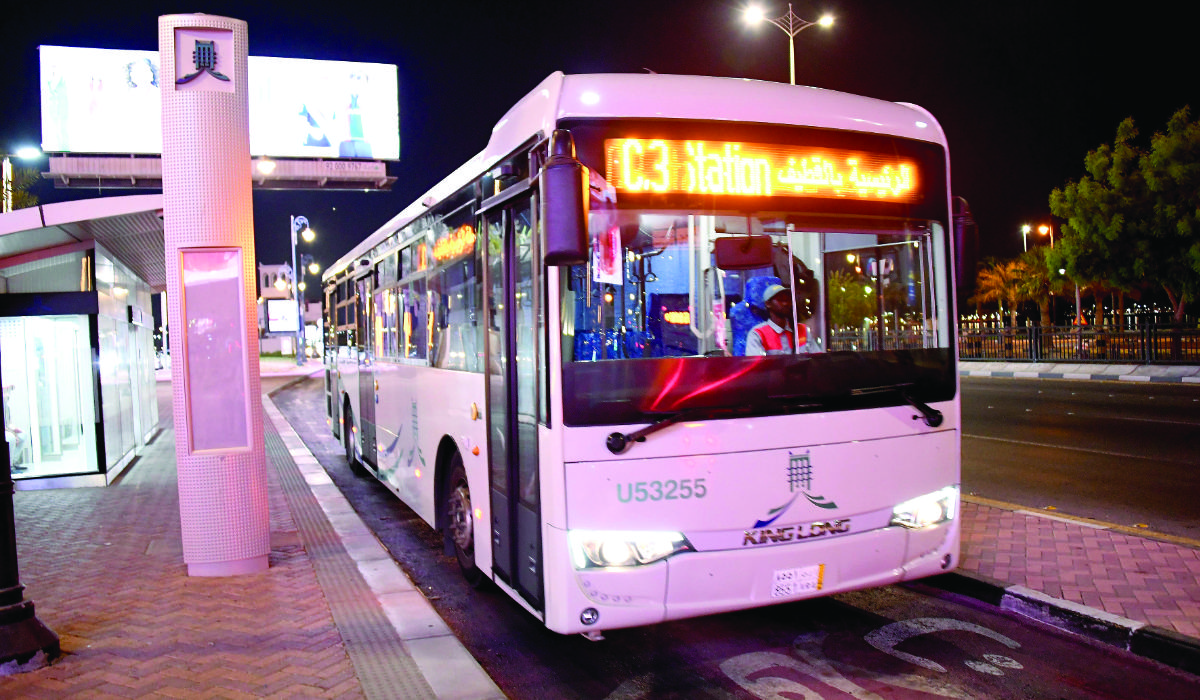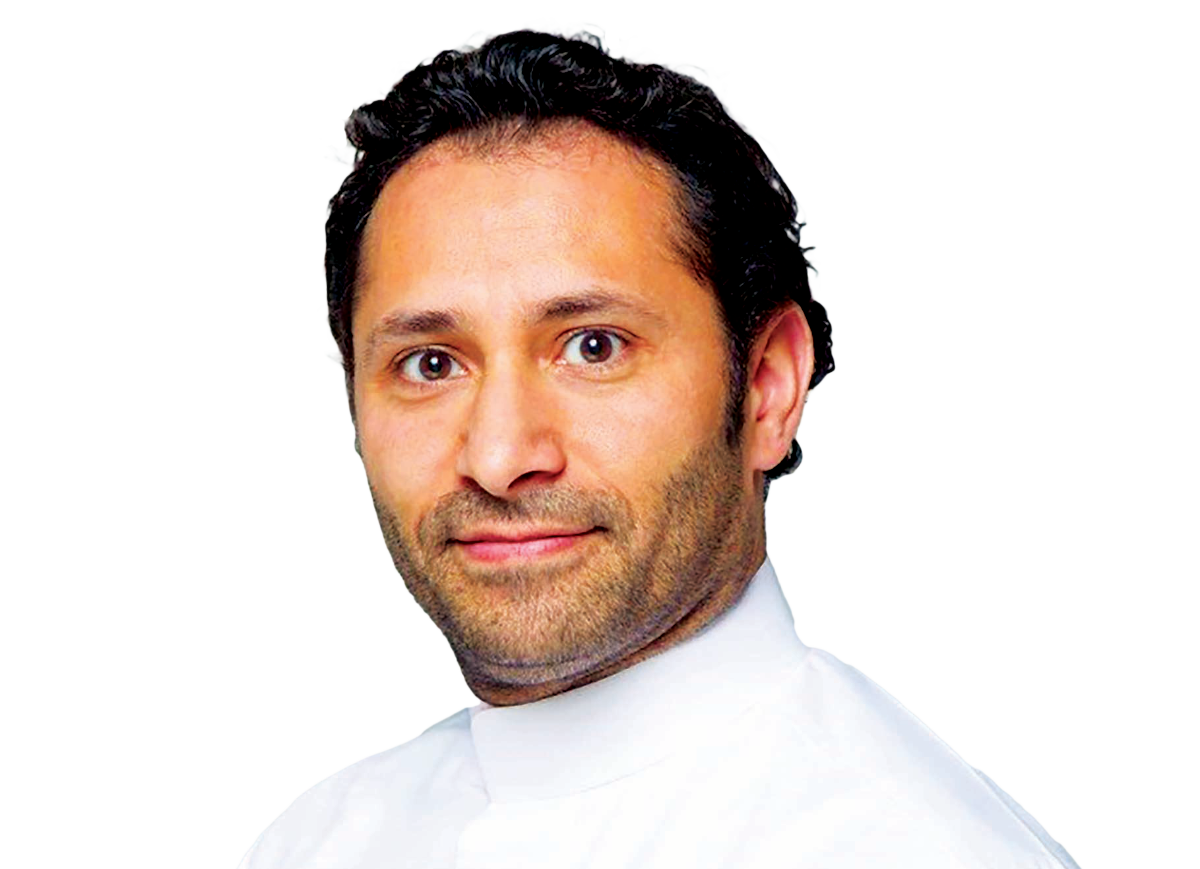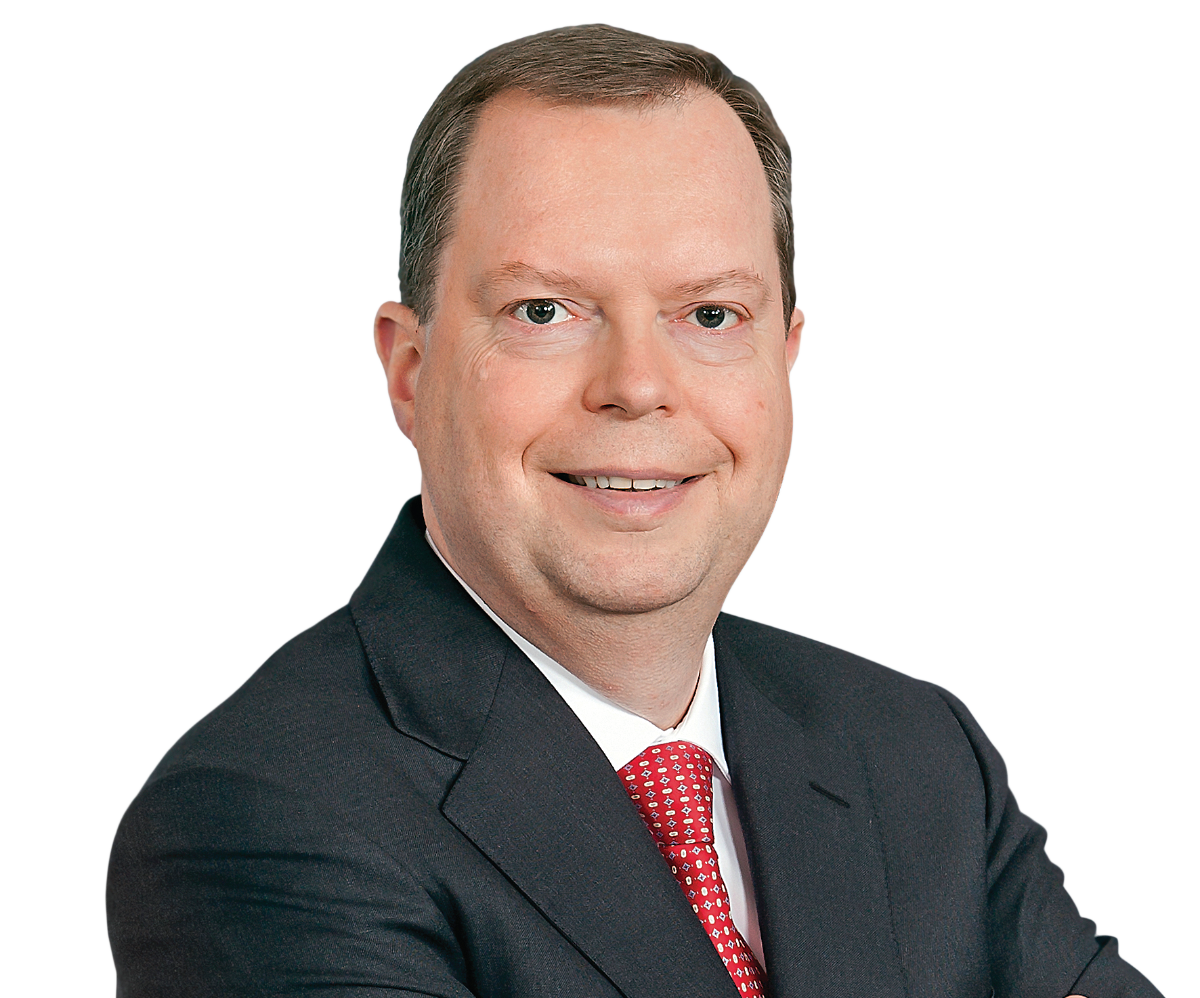RIYADH: In the face of escalating climate change challenges, Saudi Arabia is spearheading a transformation of its transportation sector with a series of groundbreaking initiatives.
As the Middle East and North Africa region grapples with surging population growth, rapid urbanization, and a burgeoning middle class, the strain on existing infrastructure and transportation networks has reached critical levels.
In response, Saudi Arabia is not only addressing these challenges head-on but also setting a compelling example for the world.

A 2022 report by the King Abdullah Petroleum Studies and Research Center, titled ‘Mitigating Transportation Emissions in Saudi Arabia,’ revealed that the transportation sector accounts for 33.33 percent of global energy consumption. (SPA)
According to the World Bank’s 2020 findings, the region requires annual investments of at least $100 billion for the next five to ten years. These investments are essential to sustain existing infrastructure and address sector bottlenecks.
Saudi Arabia, strategically positioned between Europe and Asia and playing a central role in the global energy market, boasts an extensive network of operational facilities.
A 2022 report by the King Abdullah Petroleum Studies and Research Center, titled “Mitigating Transportation Emissions in Saudi Arabia,” revealed that the transportation sector accounts for 33.33 percent of global energy consumption, ranking second only to the industrial sector.
FASTFACT
$100bn
According to the World Bank’s 2020 findings, the region requires annual investments of at least $100 billion for the next five to ten years. These investments are essential to sustain existing infrastructure and address sector bottlenecks.
Despite this, ongoing price controls and efficiency improvements aim to reduce the Kingdom’s annual transport emissions growth rate from 7 percent historically to 3 percent by 2030.
By 2030, carbon dioxide emissions from transportation are projected to reach 184 million tons.
Saudi Arabia is actively pursuing three major policy interventions, as outlined in a 2022 report by the Saudi Ports Authority, also known as Mawani, titled “Enabling Growth and Innovation Across the Saudi Maritime Sector.”

Abdulla Elyas, Co-founder of Careem
The first initiative focuses on transitioning new car sales to electric vehicles, with a goal of having these make up 30 percent of all automobiles in Riyadh by 2030.
The second policy centers on electrifying public transport vehicles, while the third employs incentive programs to steer consumers toward sustainable alternatives to private cars.
Saudi Arabia is building larger and more sustainable transport networks that will help reduce congestion and emissions.
Abdulla Elyas, Co-founder of Careem
Over the years, Saudi Arabia has taken major steps toward diminishing emissions and rationalizing energy demand.
Since 2015, the Kingdom has implemented domestic energy price reform as well as fiscal reform under the Fiscal Balance Program, the Mawani report revealed.
This works on making energy consumption more sustainable while boosting government revenues by raising energy prices, evident by the gradual surge in fuel prices in the country.
ENOWA, a subsidiary company of NEOM responsible for managing the giga-project’s sustainable energy and water systems, offers one demonstration of how Saudi Arabia is choosing to partner with nature in an attempt to boost its environmental practices.
“By harnessing the abundant sun and wind resources within NEOM, coupled with innovative storage solutions and smart grid technologies, ENOWA aims to scale energy generation in NEOM and spearhead the global supply of competitively priced power, reconfiguring the energy landscape prioritizing sustainability and affordability.” ENOWA CEO Peter Terium told Arab News.
ENOWA plays a fundamental role in infrastructure development in the Kingdom.

Peter Terium، ENOWA CEO
The company aspires to shape a sustainable and efficient energy landscape that significantly impacts all sectors of the economy including transportation, construction, and industrial manufacturing as well as water and waste treatment.
Meanwhile, the planned city of NEOM serves as a prime example of the Kingdom’s commitment to transforming transportation, mobility, and infrastructure to address climate change concerns.
ENOWA aims to scale energy generation in NEOM and spearhead the global supply of competitively priced power, reconfiguring the energy landscape prioritizing sustainability and affordability.
Peter Terium, ENOWA CEO
NEOM Mobility is revolutionizing the way individuals connect and travel by transforming the planned city into a sustainable, shared, and seamless experience via air, land, and sea.
Another activity that is gaining popularity in the Kingdom with regards to transportation while taking into consideration climate change is ride-hailing.
The two companies active in this area in Saudi Arabia are Careem and Uber, with the former launching in 2013 before expanding to reach 26 cities across the Kingdom.
“Saudi Arabia is building larger and more sustainable transport networks that will help reduce congestion and emissions,” co-founder of Careem Abdulla Elyas told Arab News.
Careem is helping to connect these networks through ride-hailing and micro mobility, Elyas explained.
He added: “Today, Saudi residents and visitors use Careem for a reliable, convenient, and stress-free everyday commute in and around their cities.”
When talking about future plans that are hinged on being eco-friendly and green, Elyas revealed the company’s Careem Bike launch.
“Launching Careem Bike in Madinah in partnership with ALMQR Development Co. is the next chapter of our journey to enhance mobility,” Elyas disclosed.
“We’re proud to support Saudi’s agenda for sustainability and the Vision 2030 goal of elevating quality of life in the Kingdom,” he added.
According to the co-founder, the docked bike stations in Madinah can be accessed with just a click of a button and are well connected to public transport and key landmarks.
“The Madinah Municipality has built 70 km of bicycle paths along main roads and inside residential neighborhoods,” he stressed.
Elyas further noted: “Careem Bike is a great option for first-mile and last mile connectivity - for example traveling from a train or bus station to one’s home or offices.”
Bikes can also be used for longer trips, and this is the benefit of having a large network of stations across a city, he clarified.
"Cycling is a great source of exercise and leisure for families and friends. We can already see how much people in Saudi enjoy spending time cycling and we’re excited to help encourage even healthier, more active lifestyles through our new network in Madinah,” Elyas highlighted.
“The service is inclusive and accessible for all. Customers can purchase a pass for their preferred use – daily, weekly, monthly, or yearly. Each pass offers unlimited 45-minute access,” he underlined.
Saudi Arabia’s sustainable transport plans are a vital part of the Kingdom’s drive to reduce global carbon emissions by 4 percent, said a government official speaking at the Global Sustainable Transport Forum held in Beijing from Sept. 25-26 2023.
At the time, the Saudi Transport and Logistics Services Minister, Saleh bin Nasser Al-Jasser, stressed that sustainability is a fundamental element of the Kingdom’s Vision 2030.
Al-Jasser underscored during his speech that the Kingdom’s strong commitment to sustainability has been smoothly incorporated into the National Strategy for Transport and Logistics.
The plan includes reducing carbon emissions per person by 2 percent in a year, increasing sustainable mobility, electrifying transport and implementing them across the logistics value chain.
It also includes developing the necessary infrastructure to meet future demand, with the primary goal of minimizing traffic fatalities, the minister added at the time.
Under the ambitious Saudi Vision 2030 reforms, in conjunction with the National Transformation Program and the National Industrial Development and Logistics Program, the government is poised to inject $133.3 billion into the development of vital infrastructure, including ports, airports, and railways, all the way through to 2030.
This substantial financial commitment underscores Saudi Arabia’s dedication to reducing carbon emissions, with a strong focus on environmental responsibility as it brings these transformative projects to fruition.





























